As a continuation of the online webinars series of Humat Dijlah Association which aims to raise the environmental awareness and urge the concerned authorities to figure out a solutions for the environment and water pollution problems, on Tuesday evening, December 21, 2021, Humat Dijlah hosted its second webinar titled “The Water Situation in Ramadi, and the Most Important Modern Irrigation Methods”, as a a number of environmental activists, stakeholders and government officials from different cities attended the session on Zoom.
At the beginning, the session discussed the most important causes of water mismanagement in Iraq and how to manage water properly and sustainably, a presentation was showed by Dr. Nakeeb Abbas, Environmental, Geographic and Climate Expert, included a scientific and academic study about the annual evaporation rate of water in Anbar Governorate compared to the rain, which explained that Iraq suffers from a water deficit due to its geographical location, which is a dry and low-rain location. Abass said that Iraq’s water sources lie outside its borders, represented by the upstream countries that did not abide by the international agreements of water justice, as these agreements require these countries to release certain water quotas to Iraq. Dr. Abass believes that the reason for this problem is the weakness of Iraq’s water policy in reaching solutions and negotiations with upstream countries.
Mohamed Sabry, Agricultural Expert and Environmental Activist, talked about the most important modern irrigation methods that will achieve the optimal investment of water without waste, and spoke about the drip irrigation mechanism and its advantages compared to sprinkler irrigation, as this method provides sufficient water needs for plants without wasting or harming plants. Sabry also talked about the application of this experiment in one of the model farms of Anbar Directorate in cooperation with the University of Anbar, where researches are being conducted on the extent of plants’ responses to drip irrigation and the water amount used for irrigation during one agricultural season for the purpose of disseminating this mechanism in all Iraq after proving its efficiency.
On the other hand, Dr. Abbas spoke about the other problems that Iraq’s rivers suffer from, in addition to the political side, he said, “The water problems in Ramadi are not only due to the government’s lack of interest in this issue, citizens also have a major role in these problems, as a result of the misuse of water.”, He also explained that these wrong behaviors are represented in wasting water, encroachment on the river and throwing waste in it by factories, car wash companies, fish ponds and sewage, all these wastes lead to an increase in the salt and pollution in the river, and he also indicated that these abuses also extended to the groundwater in the western plateau, as he mentioned that one of the car wash companies, throws its waste in the western plateau through pumps, and as a result the groundwater in the area will become unsuitable for human or agricultural use during the time.
In a related context, Sabry spoke about the impact of governmental entities’ use of desert groundwater for irrigation and agriculture on Iraq’s water future. He said, “Despite the studies that indicate that Iraq is located in a groundwater rich area, but most of it is unsuitable for agriculture or human use because it contains a high amount of sulfur and salts, so using this policy as a temporary solution to provide water instead of finding real solutions with upstream countries, will negatively affect Iraq’s underground aquifers and will lead to the need of digging deeper to reach groundwater in the future, of course this process will affect the terrain and the earth’s crust, and it will have huge future consequences.”
In conclusion, Dr. Nakeeb praised the necessity to activate the role of the legislative authority in finding international policies and agreements with upstream countries, in addition to imposing punishment on trespassers on the river, and making an economic value of water in Iraq by raising the environmental awareness among the society to advance the water reality and protect the environment from these environmental disasters.
This session is part of a series of webinars organized by Humat Dijlah to shed light on issues related to the environment and water reality in the cities of Tigris and Euphrates rivers through the use of online platforms.
To Watch The Entire Webinar on YouTube HERE.
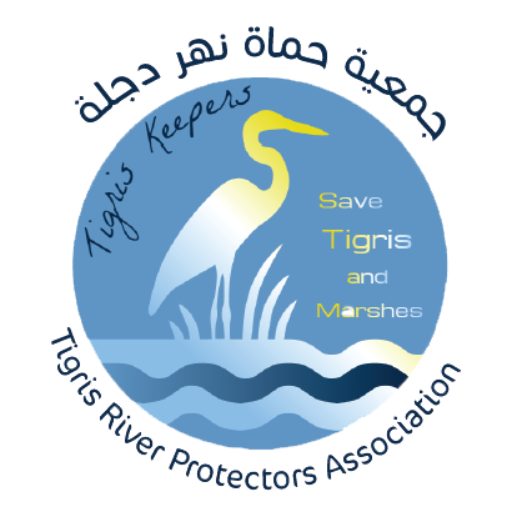
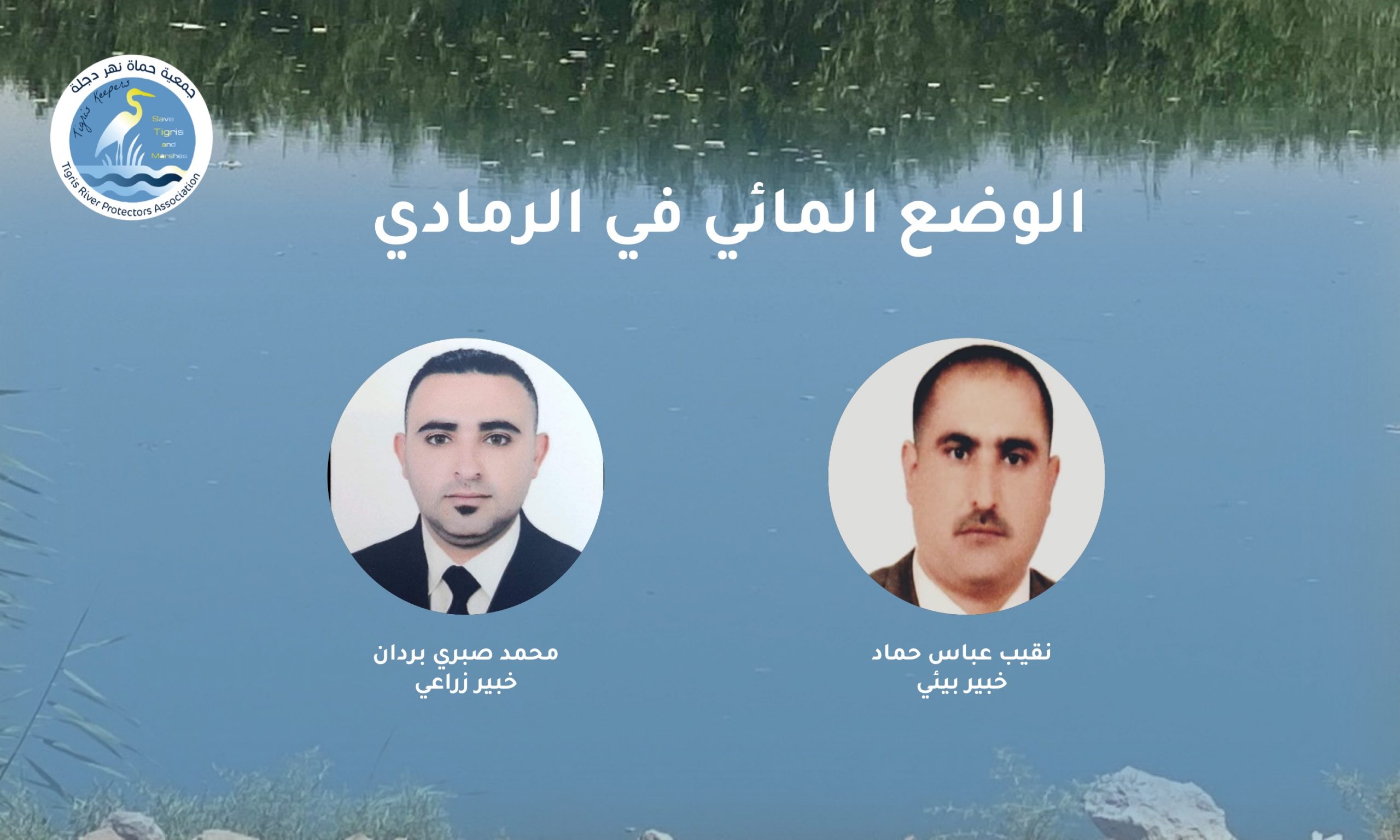
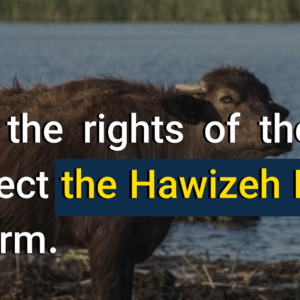
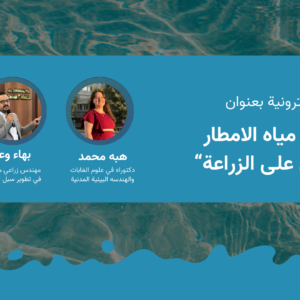

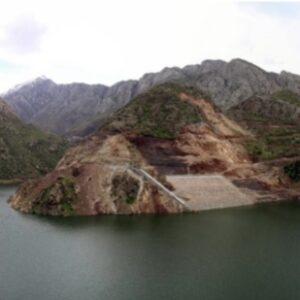
Leave a Reply